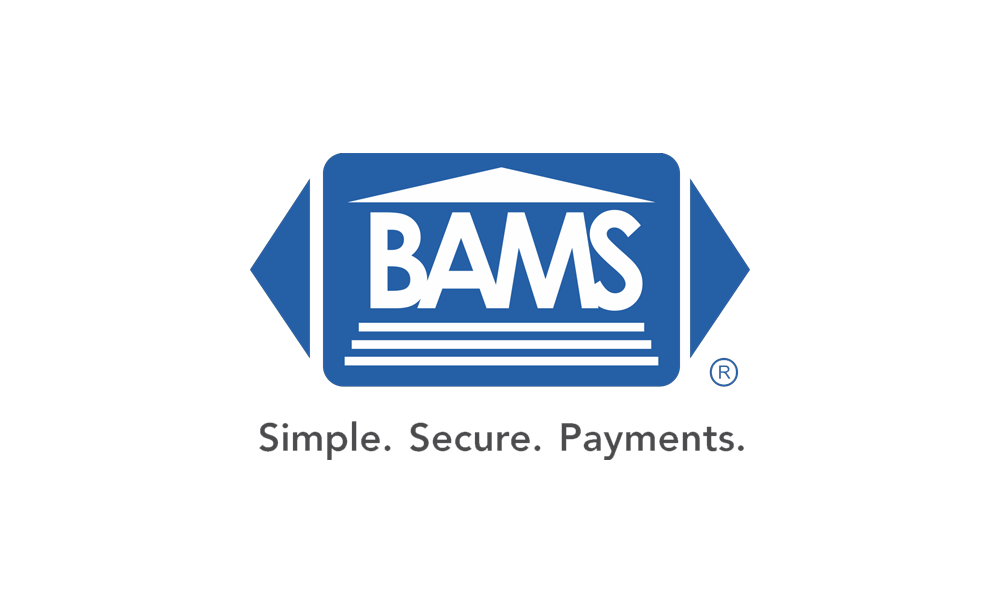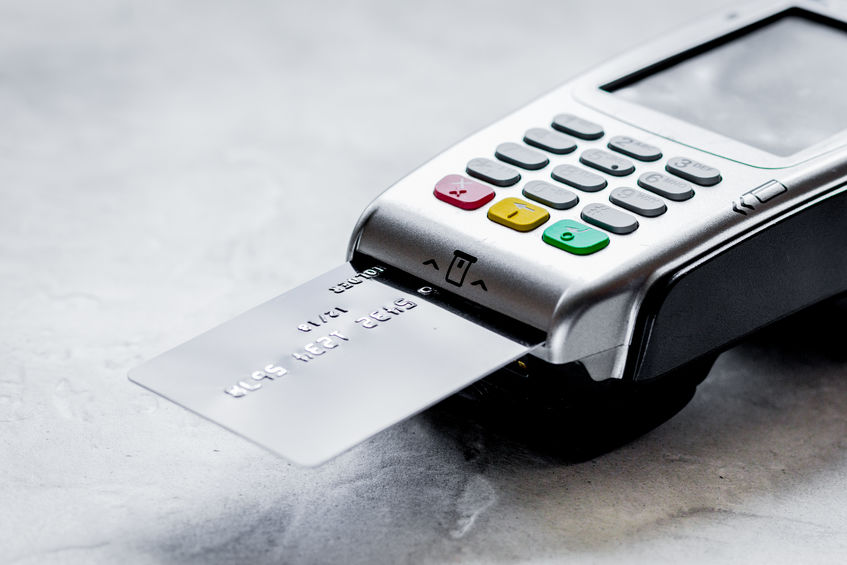Is Toast POS Leaving Merchants Burnt? A Quick Look at Toast POS Part One of Two
Toast POS is a cloud-based restaurant POS provider and payment processor that offers restaurants a variety of POS options built on an Android framework. Toast has been growing rapidly since it launched its POS platform in 2013, and many restauranteurs are drawn to Toast both for its simplicity and the attractive pricing offers the company makes to new clients. But, despite its success, Toast POS has some notable drawbacks that make it a good choice for some restaurateurs, but a terrible choice for others. In this two-part article, we’ll examine some of the pros and cons of Toast and how it stacks up against some of the other competition.
Toast Cuts Merchants Good Deals on Hardware and Software Bundles
On Toast’s website, they lay out the “standard Toast pricing bundle,” which looks like this:
- Software starting as low as $79 per month
- Hardware starting at $899 with 0% financing available in select markets
- Installation starting at $499
- “Simple flat rate” payment processing (with no actual details provided)
That last point is an important one, but on the whole, nothing in the Toast pricing system seems particularly egregious. That’s especially true considering Toast is known to offer some pretty aggressive discounts on hardware and software in order to entice merchants to sign on with them. Some Toast offer statements available publicly show that the company is willing to cut merchants discounts ranging from 10% right up to 50% off of their normal pricing in order to get them to sign on the dotted line.
A 50% discount is enough to pique the interest of just about any merchant, so from Toast’s perspective, it’s just good business to offer those kinds of discounts if the company can afford to do so. But things aren’t necessarily so clear on the merchant side of things. Steep discounts on hardware and software certainly represent significant upfront savings to merchants in need of equipment, but Toast is in business to make money – so if they’re not making it on equipment, where are they making it?
Are Toast’s Discounts Really Worth It?
The fact is, Toast’s can offer steep discounts on hardware and software, because the company makes its money primarily on payment processing fees. In the statements available here, Toast’s processing fees for credit cards are quoted at 2.49% + $0.15 for card-present transactions and a whopping 3.5% + $0.15 for card-not-present transactions. Those rates are far more comparable with third-party payment processors like PayPal or Square than they are with most standard merchant accounts. In fact, those inflated rates are so much higher than the actual interchange rates on card payments at restaurants, that a restaurant paying them could expect to pay tens of thousands of dollars in unnecessary transaction fees at a minimum. That more than offsets any savings on software and especially one-time savings on hardware.
Comparatively, a POS system from a competing manufacturer, like Clover, that can be utilized with traditional merchant accounts for payment processing, represents a much better deal in the long-term. Set-up with an interchange-plus merchant account, like the ones offered by BAMS, merchants would pay far less on an average transaction than 2.49% + $-0.15. So, while, the upfront costs on the hardware might not come with the steep discounts offered by Toast, the long-term costs would be significantly lower.
In part two of this article, we’ll look into the functionality of Toast POS and some of the system’s strengths and weaknesses in comparison with its competitors. Until then, if you’d like to learn more about interchange-plus pricing, visit request a quote today!




